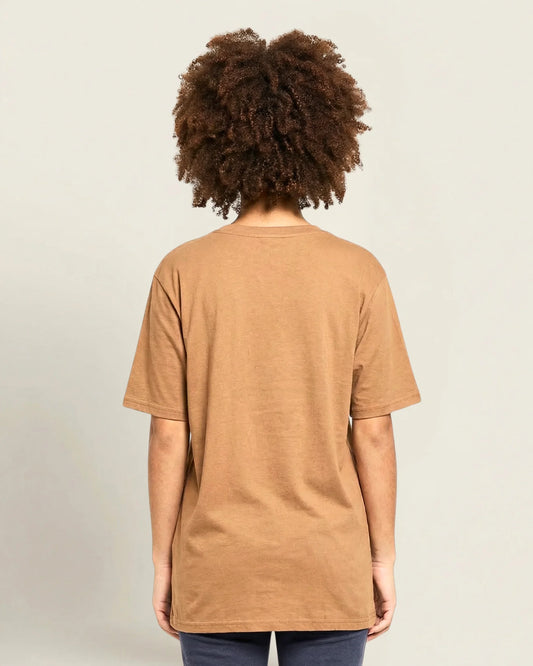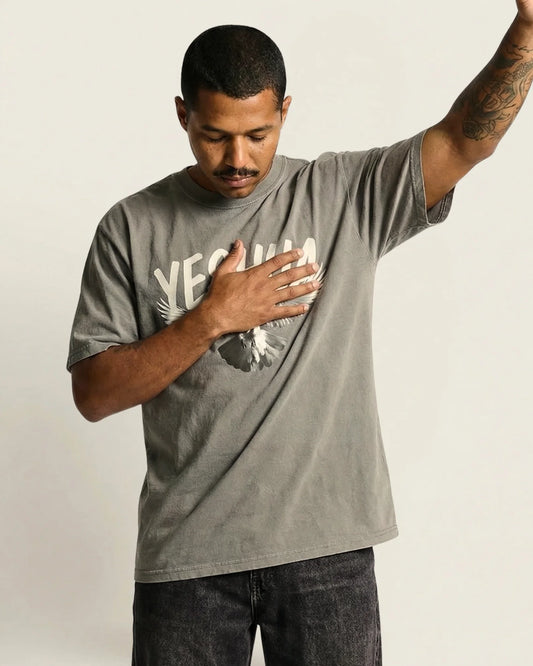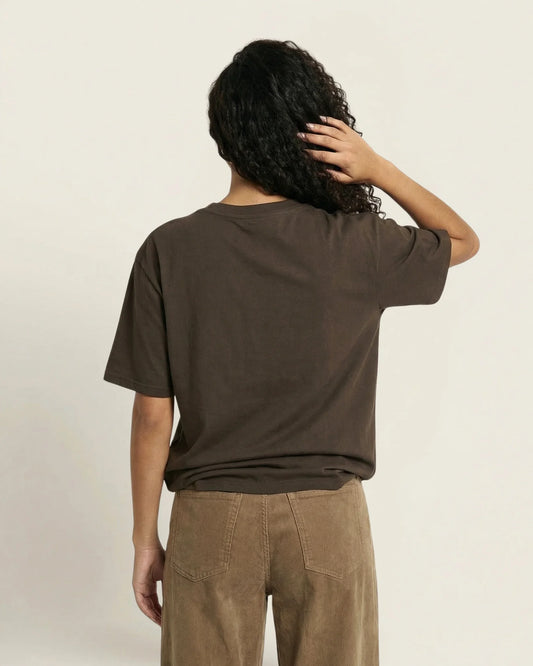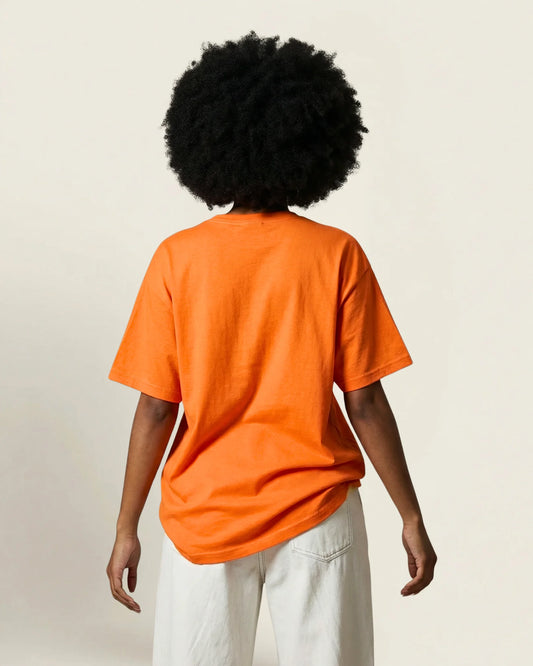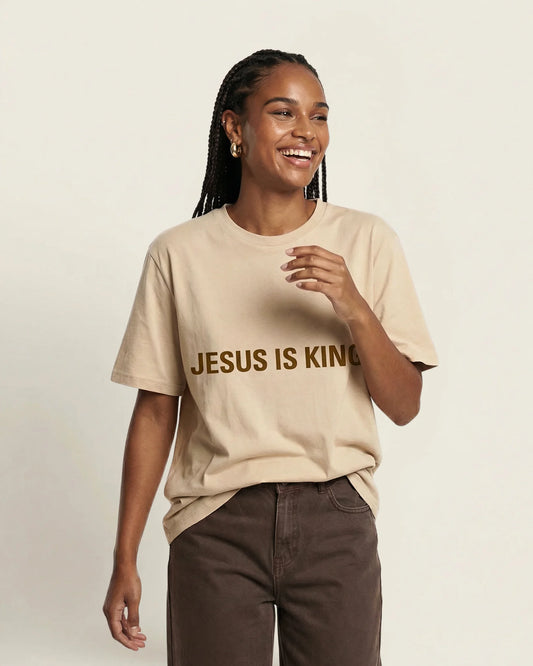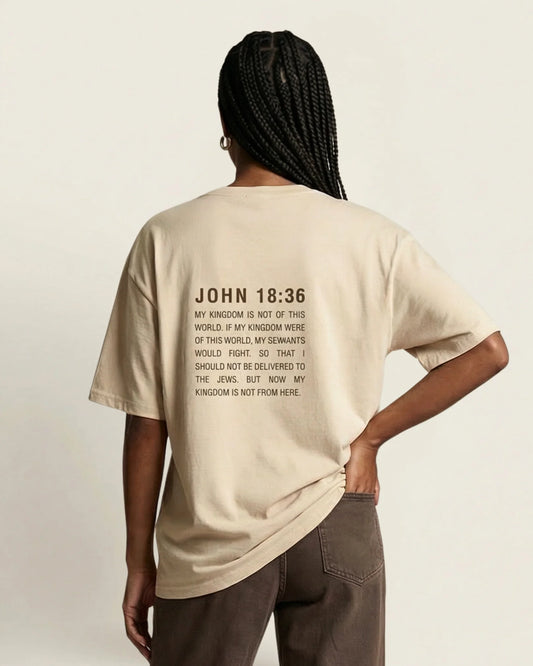The Bible teaches that clothing should reflect modesty, humility, and a heart aligned with God. Christians are called to dress in a way that honors God, avoids vanity, and respects cultural context.
Table of content
- 1. Key Biblical Principles
- 2. The Origin of Clothing in Scripture
- 3. Clothing as a Symbol of Spiritual State
- 4. Modesty and Appropriate Dress in Biblical Context
- 5. The Importance of Inner Character Over Outward Appearance
- 6. Bible Verses About Clothing and Their Interpretations
- 7. Practical Application on How a Christian Should Dress
- 8. Clothing as a Reflection of Faith and Values
Key Biblical Principles
The Bible offers guidance on clothing, emphasizing modesty, humility, and spiritual significance over outward appearance. While specific fashion rules aren't provided, several passages address the topic. 1 Timothy 2:9-10 encourages women to dress modestly, focusing on good deeds rather than elaborate adornments.
Deuteronomy 22:5 prohibits cross-dressing, while Colossians 3:12 metaphorically instructs believers to "clothe yourselves with compassion, kindness, humility, gentleness and patience.
| Aspect | Biblical Principle |
| Origin of Clothing | God provided clothing to cover shame and protect dignity |
| Spiritual Symbolism | Clothing represents spiritual state and righteousness |
| Modesty | Emphasis on inner beauty and respectful attire |
| Character Focus | Inner virtues are more important than outward appearance |
| Identity Expression | Clothing can reflect faith and values |
The Origin of Clothing in Scripture

Made Themselves Coverings ( Genesis 3:7)
The story of clothing in the Bible starts in the Garden of Eden. After Adam and Eve ate the forbidden fruit, they felt ashamed of being naked. They tried to cover up with fig leaves, but God gave them animal skins instead. This shows that God cares about how we dress and wants to cover our shame. It also shows God's kindness, as He helped His creation, setting an example for how important proper clothing is in human society.
Clothing as Identity and Social Status
Clothing in biblical times was mostly made from wool, linen, and animal skins. People wore simple tunics and outer garments like cloaks. They often showed a person's job or social status. Priests had special clothes for their work in the temple. Kings wore royal purple robes.
These differences in clothing had practical uses in identifying roles and responsibilities in society, but they also had spiritual meanings, especially in religious contexts. The detailed garments of the high priest, for instance, were designed to reflect God's glory and the priest's sacred duties.
Similarly, Joseph’s "coat of many colors" (Genesis 37:3) symbolized his father’s favor and foreshadowed his God-given destiny.

Clothing continues to be a powerful form of self-expression. While we may no longer follow traditional status markers through dress, we can still express identity and beliefs through our wardrobe choices. Modern Christian clothes for example, serve as a visual testimony for sharing faith, encouraging others, and building community among believers.
Clothing as a Symbol of Spiritual State
When the Bible talks about being "clothed in righteousness," it means having a good relationship with God. Changing clothes can show a change in our hearts or lives. This idea of clothing as a symbol of our spiritual condition appears throughout the Bible, showing how faith can change us and how important it is to align our inner selves with what God wants.

For example, in the story of the prodigal son, when the son comes back home, his father gives him a new robe. This new clothing shows that the son is forgiven and welcomed back into the family. It's like God giving us new spiritual "clothes" when we turn to Him.
In Revelation, the saints are described as wearing white robes, which means they are pure and have won through Christ. These symbols of clothing in the Bible show that our spiritual state is reflected in how we present ourselves, both inside and out.
Modesty and Appropriate Dress in Biblical Context
The Bible teaches us to dress modestly. This doesn't mean we have to wear boring clothes, but it does mean we should think about how our clothes affect others. In 1 Timothy 2:9-10, it says that women should dress modestly and not draw attention to themselves with fancy hairstyles, jewelry, or expensive clothes.
This idea is for everyone, not just women. It encourages all believers to think about how their appearance affects others and to focus on inner beauty more than how they look on the outside.

Modesty isn't just about following rules. It's about showing respect for ourselves and others. When we dress modestly, we're saying that our worth comes from who we are inside, not just how we look on the outside.
This fits with what the Bible says about being humble and valuing each person as made in God's image. Dressing modestly can also be a way of honoring God by not using how we look to get the wrong kind of attention or to distract from our spiritual focus.
The Importance of Inner Character Over Outward Appearance
The Bible acknowledges clothing and appearance, but it consistently emphasizes that God values who we are over how we look. In 1 Samuel 16:7, God reminds Samuel that He examines the heart, not outward appearances—a truth that reshapes how we view personal worth and spiritual growth.
Jesus reinforced this when He rebuked the Pharisees for being "whitewashed tombs" (Matthew 23:27-28)—beautiful externally but hypocritical within. His words challenge us to align our inner convictions with our outward actions, ensuring our faith is genuine, not performative.

This doesn’t dismiss caring about appearance but reorders our priorities. As Paul writes in Colossians 3:12-14, believers are to "clothe themselves" in compassion, kindness, and humility—virtues that reflect Christ far more than any earthly attire. True godliness isn’t about neglecting outward presentation but adorning ourselves first with the character of Christ.
Bible Verses About Clothing and Their Interpretations
These verses help us understand that while clothing is important, it's our hearts and actions that matter most to God. They encourage a balanced approach to appearance, one that respects cultural norms and personal modesty while prioritizing spiritual growth and character development. The Bible has many verses that talk about clothing. Here are a few important ones:
Proverbs 31:25
Strength and dignity are her clothing, and she laughs at the time to come.
This verse shows that true beauty comes from inner strength and character. It emphasizes the importance of cultivating virtues that endure beyond physical appearance.
Colossians 3:12
Put on then, as God's chosen ones, holy and beloved, compassionate hearts, kindness, humility, meekness, and patience.
This verse uses clothing as a metaphor for good qualities we should have. It encourages believers to actively cultivate and display Christ-like attributes in their daily lives.
1 Peter 3:3-4
Do not let your adorning be external—the braiding of hair and the putting on of gold jewelry, or the clothing you wear— but let your adorning be the hidden person of the heart with the imperishable beauty of a gentle and quiet spirit, which in God's sight is very precious.
This passage reminds us that inner beauty is more important than outward appearance. It challenges believers to prioritize spiritual growth and character development over excessive focus on external adornment.
Deuteronomy 22:5
A woman shall not wear a man's garment, nor shall a man put on a woman's cloak, for whoever does these things is an abomination to the Lord your God.
This verse has been interpreted in various ways, but it generally emphasizes the importance of maintaining distinctions between genders as part of God's created order.
Practical Application on How a Christian Should Dress

- Choose clothes that make you feel confident and comfortable, recognizing that self-respect is part of honoring God's creation
- Think about the message your clothes send to others, considering whether your attire aligns with your Christian values and witness
- Dress in a way that shows respect for yourself and those around you, being mindful of cultural sensitivities and appropriate modesty
- Remember that your worth doesn't come from what you wear, but from your identity as a child of God
- Use your clothing choices as a way to express your faith and values, whether through modest selections or faith-based apparel
- Consider the ethical implications of your clothing purchases, such as fair trade practices and environmental sustainability
- Pray for wisdom in your clothing choices, asking God to guide you in representing Him well through your appearance
Clothing as a Reflection of Faith and Values
Today, many Christians choose to wear clothing that reflects their faith. This can be a way to share your beliefs with others and remind yourself of important truths. Christian hoodies are a popular way to do this. These clothes serve as walking testimonies, allowing believers to express their faith visually and potentially open doors for spiritual conversations.

But remember, it's not just about what you wear – it's about how you live your life and treat others. Apostle Paul reminds us in Galatians 3:27 that those who are baptized into Christ have "put on Christ," emphasizing that our ultimate identity is found in our relationship with Him, not in our external appearance.
Our ultimate goal should be to clothe ourselves with Christ's character, as described in Galatians 3:27 and Colossians 3:12-14, allowing His love and grace to shine through us in all we do and wear.


